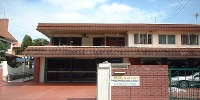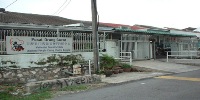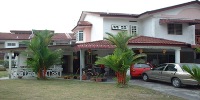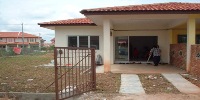IT was shocking to read reports that criminals have no qualms about targeting the disabled and the elderly. We are told that even charity-based centres are not spared.
Also, the blind are not let alone. They are molested, whether on the streets or in the passageways of their abode. When they lodge police reports, they are not taken seriously. Braille is not available to them when it comes to filling forms.
The deaf are also disadvantaged as police officers are not trained in sign language.
Incidents of the disabled being targeted by criminals never emerged on our mainstream radar before but now seem to be commonplace. The saddest part of it all is that these handicapped victims are overly vulnerable to attack and abuse by criminals at large. And they suffer in silence.
Generally, our country is prosperous and its people compassionate. It is high time a national long-term care scheme (including insurance) for the seriously disabled was launched.
We sometimes groan and moan over minor inconveniences we face, but surely these pale into insignificance when compared with the life sentence of agony and victimisation of these disabled and elderly folk.
| Most handicapped victims of crime suffer in silence as they often fail to be taken seriously by the police. KUALA LUMPUR. 08.03.08. General Election 2008 SPR helper guide blind voters Lim Chee Wah 48yrs and Oui Kee Heyoh 52yrs to the polling centre at SK methodist Brickfields P-120 Bukit Bintang . pic by S.Sugumaran Sources: NST Online |





